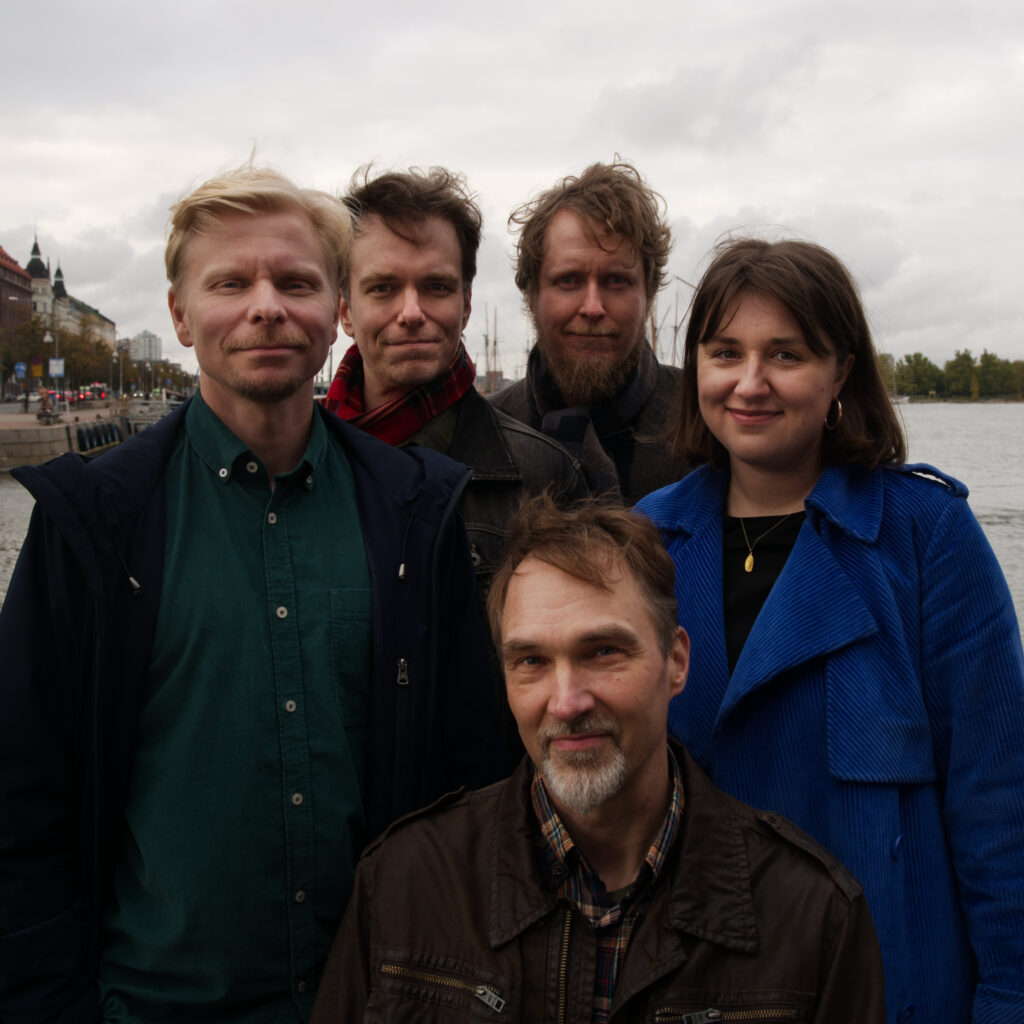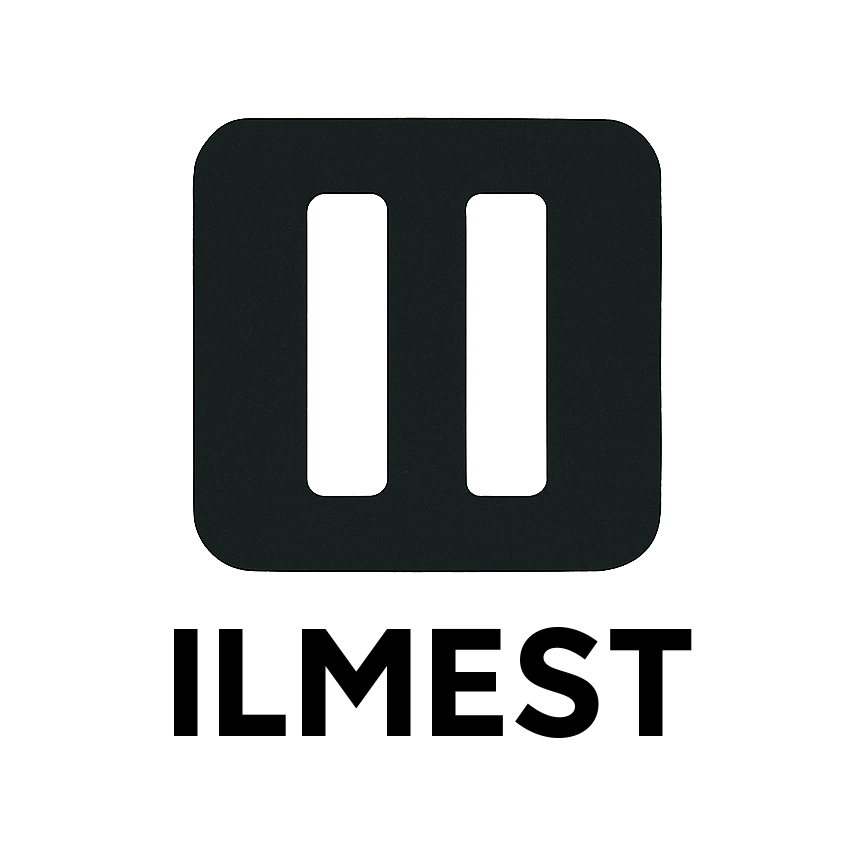In English

Over the past decade, climate change has become a central theme in social debate and politics. At the same time, climate research and climate policy continue to be questioned in many and even increasingly vocal ways.
In the ILMEST project, we refer to these various forms of questioning collectively as climate denial. Climate obstructionism can take the form of outright denial of climate change or more subtle forms of delaying climate action and downplaying the importance of climate policy. Climate obstructionism is also linked to efforts to maintain habits and lifestyles based on high energy and natural resource consumption. It is influenced by social structures, power relations, interests, and ideologies. If climate denial becomes mainstream in social discourse and politics, there is a risk that urgent climate action will be slowed down or even halted.
In the ILMEST project, we are studying climate obstructionism in Finland over the long term, from around 1990 to the present day. The research focuses on various groups of actors influencing climate policy, such as business and economic actors, political parties, the media, and climate experts in different sectors of society. We examine how climate denial rhetoric and strategies are shaped in the contexts of economics, politics, and science, and what kinds of coalitions are formed around them to determine the direction of climate policy.
Our approach is interdisciplinary, and we utilize a wide range of research materials and methods, from archival work to research interviews and machine learning.
The aim of the project is to help understand how discourses on climate obstructionism develop and become mainstreamed, and how they hinder the implementation of climate action. In this way, we aim to contribute to the implementation of a just transition to sustainability and the possibilities for a more equal and ecologically sustainable future. We hope to provide tools for the diverse actors working to mitigate climate change to recognize and avoid climate denial in their own activities.
ILMEST will operate from 2025 to 2028 and is funded by the Kone Foundation. The project involves the University of Helsinki, the Finnish Environment Institute, and the BIOS research unit, which is also the project’s location.
Project description on the Kone Foundation website.

